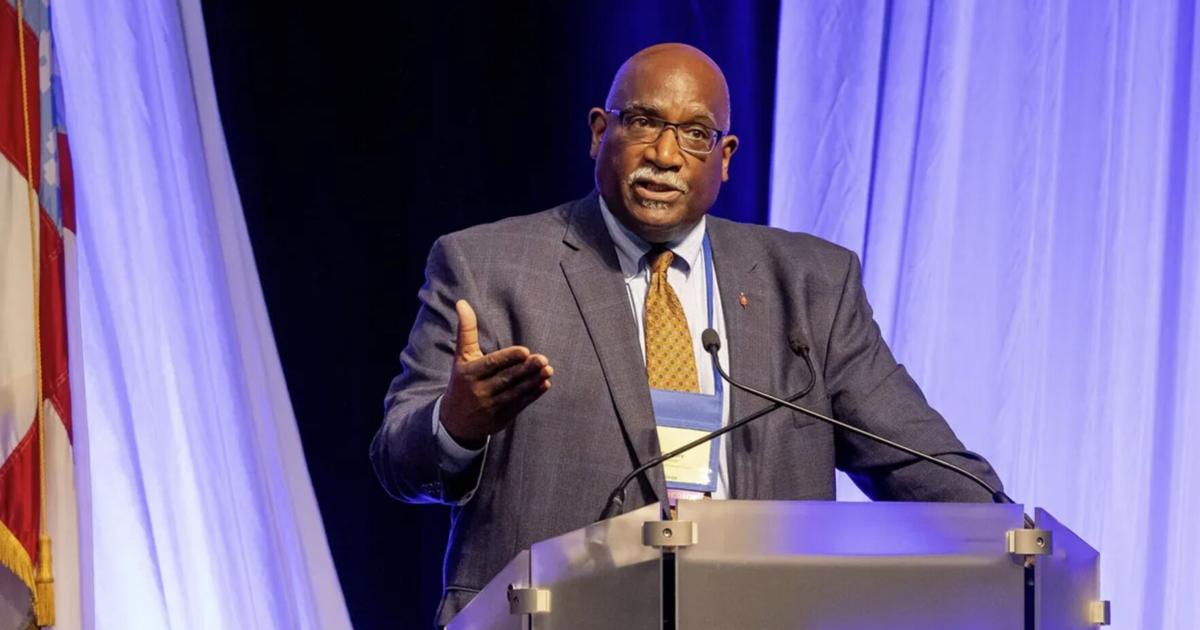[Episcopal News Service] The Episcopal Church is beginning work on the necessary next steps in advance of 2027, when the 82nd General Convention can vote on full communion with the United Methodist Church.
The 81st General Convention affirmed the goal of full communion with the United Methodist Church when it adopted Resolution A049, as amended,
The United Methodist-Episcopal Dialogue will meet this fall to begin work needed to implement the full communion that is called for by the document that forms the basis of an agreement, “A Gift to the World: Co-Laborers in the Healing of Brokenness,” the Rev. Margaret Rose, the presiding bishop’s deputy for ecumenical and interreligious relations, told Episcopal News Service.
Actions by the United Methodist Church’s General Conference this spring also were key to moving forward full communion with The Episcopal Church. Delegates voted to end the church’s 52-year-old anti-gay stance and removed a ban on clergy performing same-sex weddings and on clergy being in a same-sex relationship themselves.
The General Conference also adopted legislation that would restructure the denomination into four regional conferences – the United States, Africa, Europe and the Philippines – allowing each one to adapt the denomination’s policy book for its own missional needs.
A ‘game changer’ for the Diocese of Iowa
Full communion with the United Methodists is a potential “game changer” for the Diocese of Iowa, which includes 53 congregations — many very small — statewide, Bishop Betsey Monnot told ENS. For some of her bishop colleagues, she said, “small” means 50 people in church on Sunday. In Iowa, it means “six, maybe four, perhaps up to 10” people.
“We have lay people who can lead Morning Prayer, and folks can gather to study the Bible and care for each other,” she said. “But it’s the sacramental piece that is really hard.” These churches also can be miles apart from one another, making it difficult to provide a shared priest, if one even was available.
Pastors serving the Evangelical Lutheran Church in America, with whom The Episcopal Church has been in full communion since 2001, have served some Iowa Episcopal churches, but the denomination doesn’t have congregations everywhere Episcopal churches need help.
Monnot said Iowa’s United Methodist bishop, the Rt. Rev. Kennetha Bigham-Tsai, told her there are about 600 congregations in the state. “Six hundred for them, compared to 53,” she said. That difference in saturation stems from different missionary tactics that the denominations used as they spread westward in the 19th century, “but that’s what we’re inheriting,” Monnot said.
The ability to call a Methodist pastor “who could even swing by on a Tuesday evening and do a service of Eucharist – that just changes the whole picture for me as I’m thinking about how we support these congregations,” she said.
These Episcopal churches often are the only inclusive expression of Christianity for miles around, Monnot said. “And that’s huge. If a congregation winds up closing, then there’s nothing for those folks in that place. And that’s just awful.”
She added, “In a lot of ways, we have that kind of obligation to do our best to be there, especially for folks who will not be served by any of the other denominations.”
Rose expects Episcopal members of the ongoing dialogue to be appointed soon, and then they and their United Methodist counterparts will begin work on critical elements, including a document for the orderly exchange of clergy – allowing clergy to serve in congregations of either church – as well as an implementing document that might include a liturgy that would mark the beginning of full communion.
This time will be an opportunity for good and strategic work, she said. “There’s no sitting around,” she said. “We’re not just talking.”
The committee also will explore ways that Episcopal and Methodist bishops, as well as members of their dioceses and conferences, can get to know each other in the next three years, Rose said.
At its meeting in Louisville, Kentucky, this summer, General Convention also adopted a full communion agreement with the Evangelical Lutheran Church in Bavaria. That brings to eight the number of churches with which The Episcopal Church is in full communion.
The others are the Evangelical Lutheran Church in America; the Evangelical Lutheran Church in Canada; the Moravian Church-Northern and Southern Provinces; the Mar Thoma Syrian Church of Malabar, India; the Old Catholic Churches of the Union of Utrecht; the Philippine Independent Church; and the Church of Sweden.
— Melodie Woerman is an Episcopal News Service freelance reporter based in Kansas.
